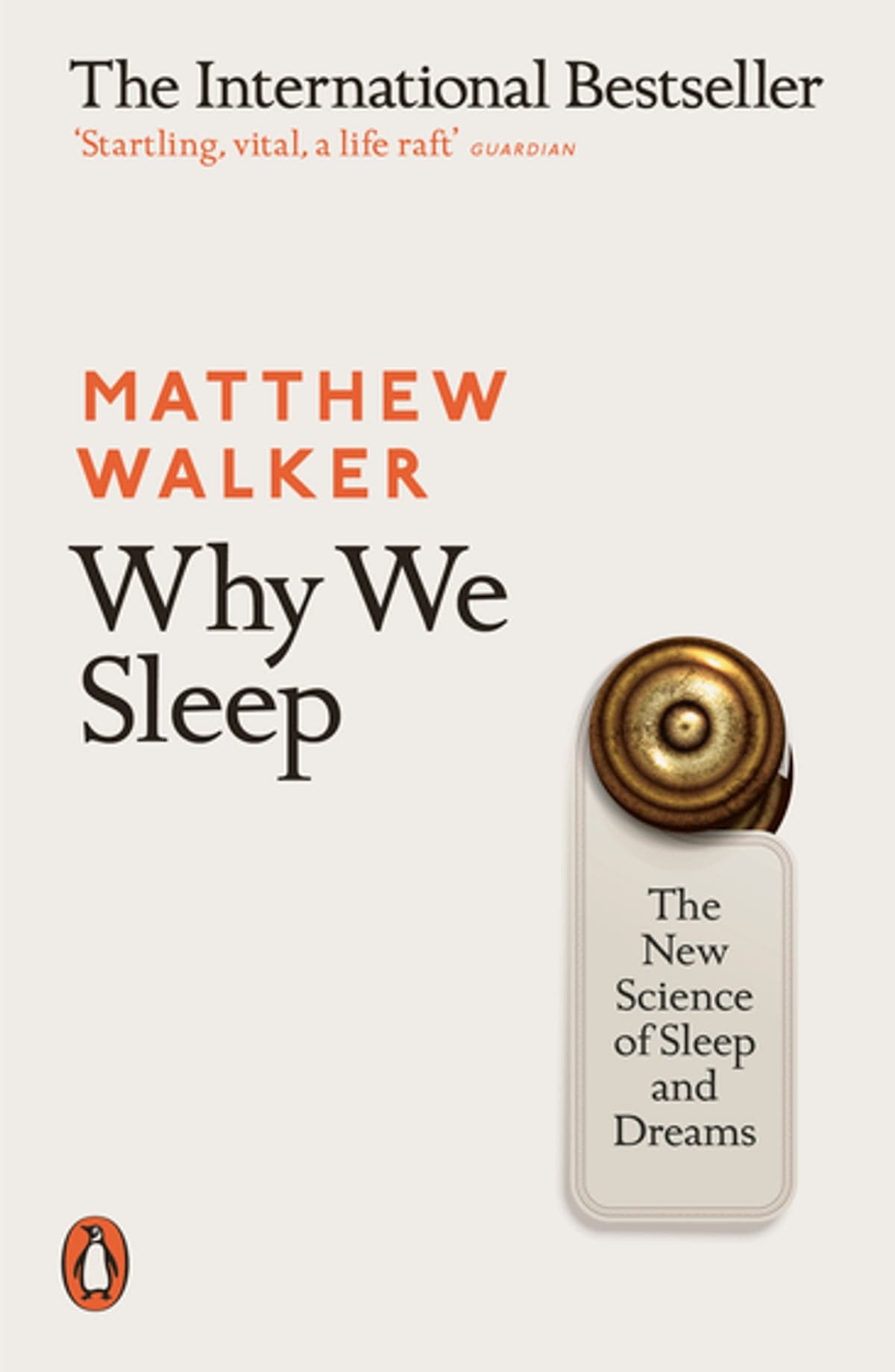
Why We Sleep
Matthew Walker
I have been on a bit of a health self improvement kick towards the end of this year (2023) and I picked this up as I wanted to finally improve my sleeping situation, after having felt a decrease in sleep quality for a few years since moving to London.
Sleep is SO IMPORTANT, WHO KNEW? NOT ME!
I have been tracking my sleep on my Apple Watch for a few years and believed I was only capable of doing 7 hours a night at most, turns out I just needed to improve my sleeping habits, and lo and behold, I can now do 8 hours a night, and I am starting to feel so much better for it.
The sleep facts are terrifying, I will honestly be that person now that drones on about the importance of sleep to anyone who will listen, and I will be recommending this book to everyone I know.
Pulled some of the key points from the book below.
-
Prioritize Consistency: Try to go to bed and wake up at the same times each day, even on weekends, to regulate your body's internal clock.
-
Create a Bedtime Ritual: Develop a calming pre-sleep routine, such as reading a book or taking a warm bath, to signal to your body that it's time to wind down.
-
Keep a Cool Bedroom: Maintain a comfortably cool room temperature for optimal sleep.
-
Limit Caffeine and Alcohol: Avoid consuming caffeine and alcohol in the hours leading up to bedtime, as they can disrupt sleep patterns. Coffee's halflife can be up to 8 hours!!!
-
Avoid Heavy Meals Before Bed: Eating large meals right before bedtime can lead to indigestion and discomfort during the night.
-
Embrace Naps: Short, well-timed naps can boost alertness and performance without interfering with nighttime sleep.
-
Stay Active: Regular physical activity can promote better sleep, but avoid vigorous exercise close to bedtime.
-
Manage Stress: Practice stress-reduction techniques like meditation, deep breathing, or mindfulness to calm your mind before sleep.
-
Respect Your Chronotype: Understand your natural sleep-wake preferences (are you a morning lark or a night owl?) and try to align your schedule accordingly.
-
Limit Screen Time: Reduce screen time in the hour before bedtime and consider using night mode settings on devices to minimize the impact of blue light.
-
Get Exposure to Natural Light: Spend time outside during the day to help regulate your circadian rhythm.
There are loads more but good lord, what a book.